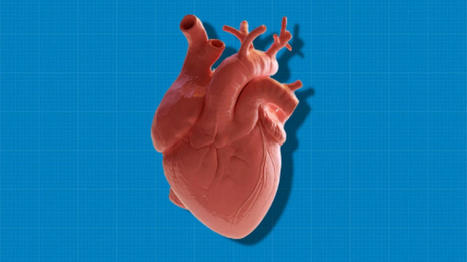A team of researchers has developed the first human "mini-hearts" in the lab to have clearly beating chambers. The miniature organs, or organoids, are no bigger than sesame seeds and were generated by self-assembly using pluripotent stem cells, according to Science Magazine.
The organoids mimic the functioning heart of a 25-day-old human embryo, and they may help humans solve the heart's many mysteries.
Our capability to model the complexity of the human heart in vitro is still limited, consequently limiting our knowledge of how heart diseases develop.
Congenital heart defects, for example, are the most common birth condition in humans, affecting around 1 percent of all live births. This alone demonstrates the need to create more precise organ-like platforms, which is where the researchers come in, with their newly devised method which was described in a study published in the journal Cell.
The researchers engineered human pluripotent stem cells, which can divide into any kind of tissue, into multiple forms of cardiac cells to create heart organoids whose cells self-organize like those in an embryo. The aim was to create three tissue layers that make up a heart chamber's walls, which are one of the first parts of the heart to form.
The organoids, which are around 2 mm in diameter and have survived more than 3 months in the lab so far, become structurally equal to the heart of a 25-year-old embryo in a week. They only have one chamber and the main types of cells at this point of development. Moreover, the heart's clearly defined chamber beats 60 to 100 times a minute, much like the heart of an embryo at the same age.
read the entire story at https://interestingengineering.com/lab-grown-mini-heart-beats-like-a-25-day-old-human-embryos-heart



 Your new post is loading...
Your new post is loading...







